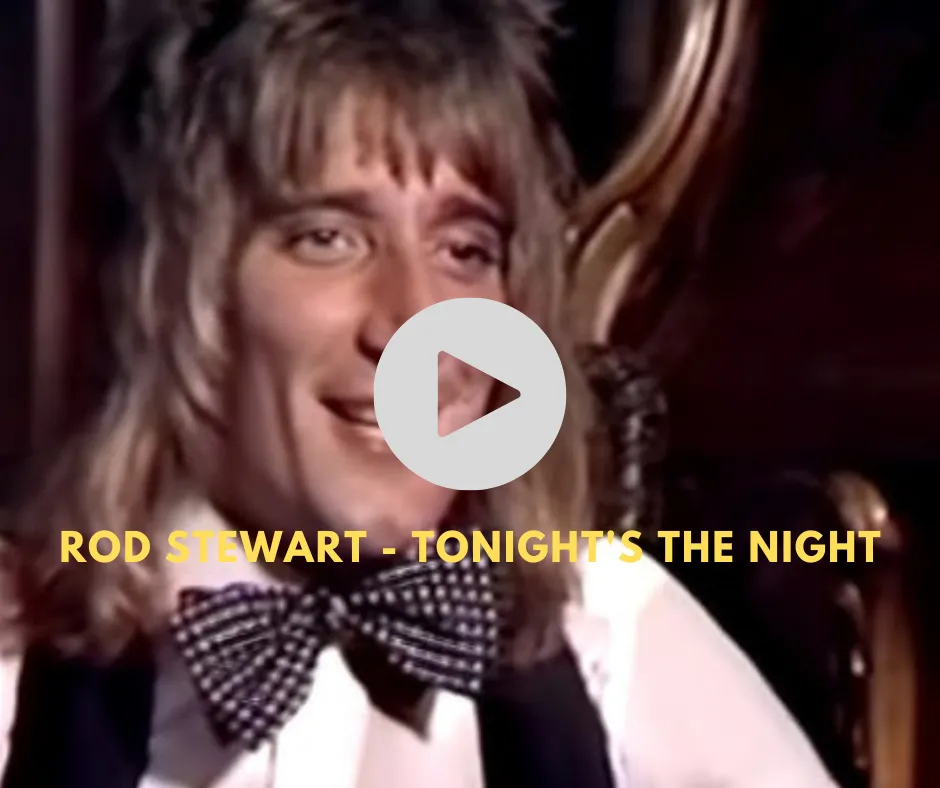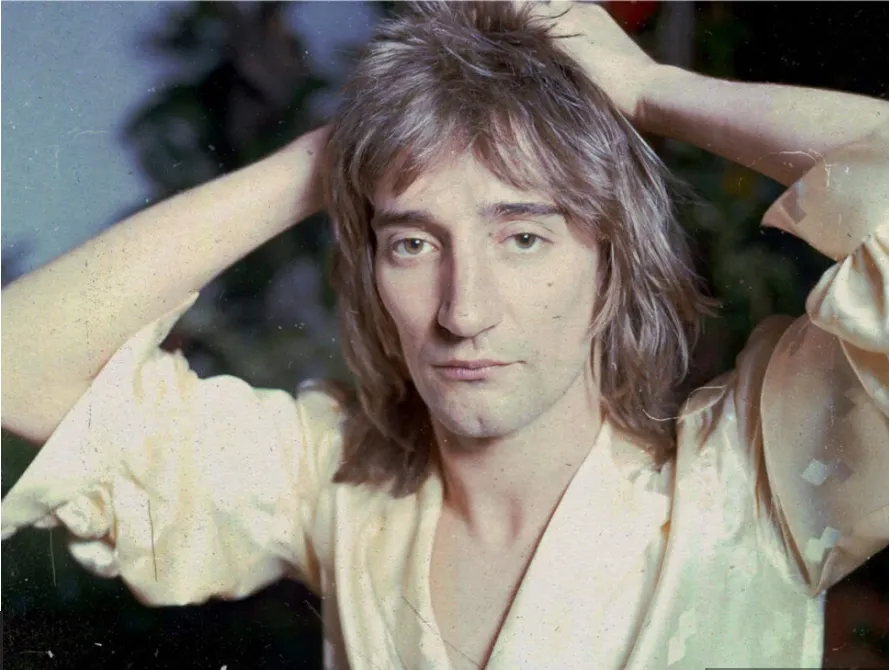Rod Stewart's "Night Train" is a lesser-known gem in the vast discography of a musician whose career has spanned more than five decades. Although Stewart is primarily known for his signature raspy voice and hits like "Maggie May," "Sailing," and "Do Ya Think I'm Sexy?," "Night Train" showcases a different facet of his musical talent.
![]()
"Night Train," a song often associated with its origins in blues and jazz, highlights Stewart's versatility and his ability to delve into different musical styles. The song has a rich history, originally composed by Jimmy Forrest in 1951, and it has been covered by many artists across various genres. Stewart's version, while staying true to the original's spirit, brings his unique vocal style and energy to the track.
Stewart's rendition of "Night Train" is a blend of blues, rock, and a touch of jazz. The song opens with a distinctive train-like rhythm, setting the stage for a musical journey. Stewart's gritty voice cuts through the instrumentation, adding an element of raw emotion and authenticity to the piece. His interpretation is both respectful of the song's origins and innovative in its execution, breathing new life into a classic tune.
![]()
The instrumentation in Stewart's "Night Train" is particularly noteworthy. The song features a powerful horn section, driving bass lines, and rhythmic guitar riffs that together create a dynamic and engaging sound. The horns, in particular, play a crucial role in the song, echoing the call-and-response patterns typical of blues and jazz music. Stewart's band delivers a tight performance, with each musician contributing to the overall atmosphere of the track.
Lyrically, "Night Train" captures the essence of a journey, both literal and metaphorical. The imagery of a night train evokes a sense of movement and transition, reflecting themes of change and travel that resonate with many listeners. Stewart's vocal delivery enhances these themes, conveying a sense of urgency and introspection. His ability to infuse the song with personal emotion and storytelling makes his version stand out among other covers.
![]()
Rod Stewart's interpretation of "Night Train" is also significant in the context of his career. Known for his ability to cross musical boundaries, Stewart has consistently explored different genres and styles, from rock and folk to soul and standards. His work on "Night Train" is a testament to his musical curiosity and his dedication to honoring the roots of the music he loves. By taking on a classic like "Night Train," Stewart not only pays homage to the greats who came before him but also adds his unique voice to the song's legacy.
In live performances, "Night Train" becomes a showcase for Stewart's stage presence and charisma. His energetic delivery and connection with the audience bring the song to life, making it a highlight of his concerts. Stewart's ability to engage with his fans and deliver powerful live performances has been a key factor in his enduring popularity, and "Night Train" is no exception.
![]()
In conclusion, Rod Stewart's "Night Train" is a brilliant example of his versatility and talent as a musician. By taking on a classic blues and jazz standard, Stewart demonstrates his deep respect for musical history and his ability to reinterpret timeless songs in his own unique style. His version of "Night Train" stands as a testament to his enduring artistry and his commitment to exploring new musical horizons.







